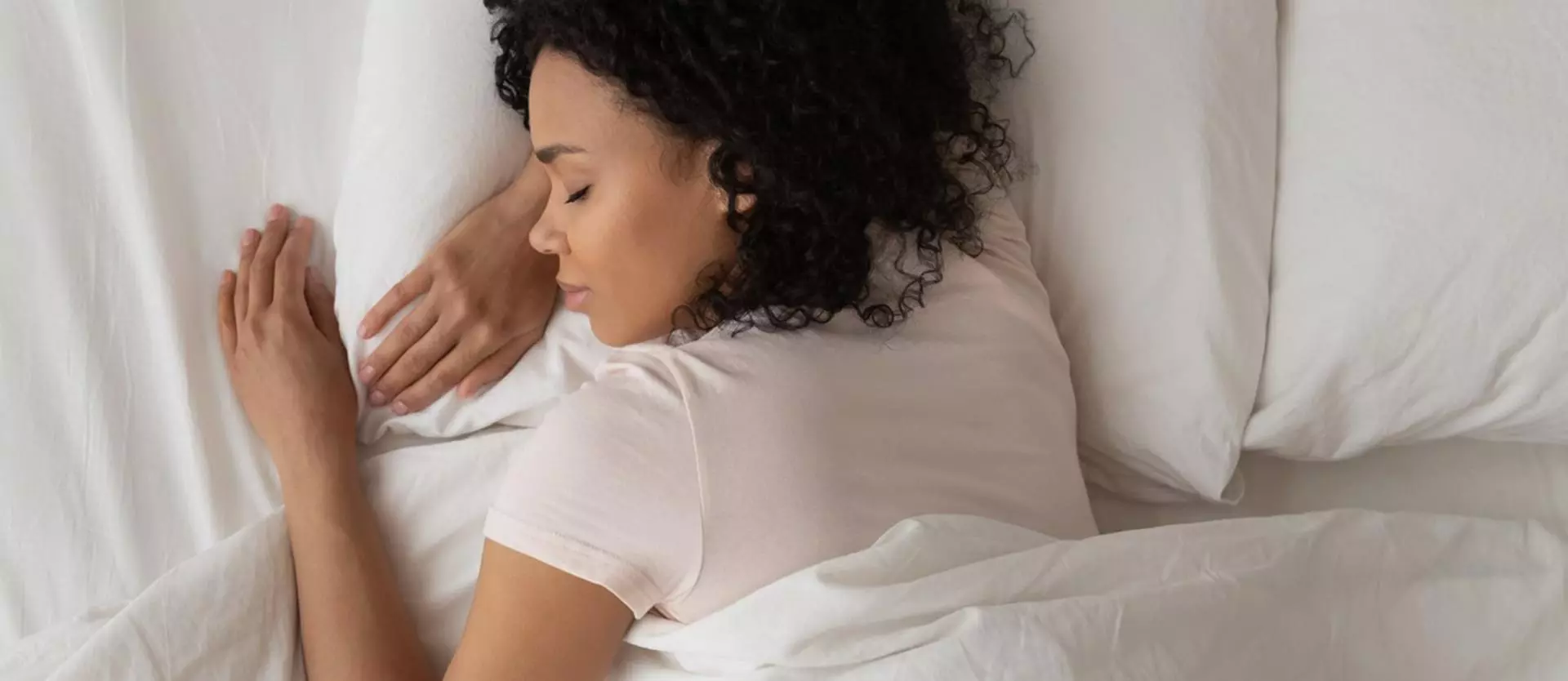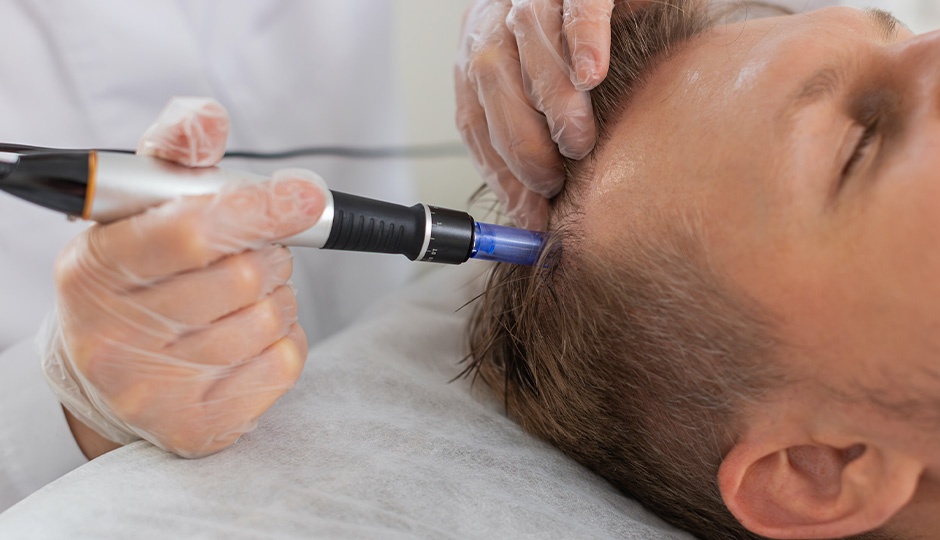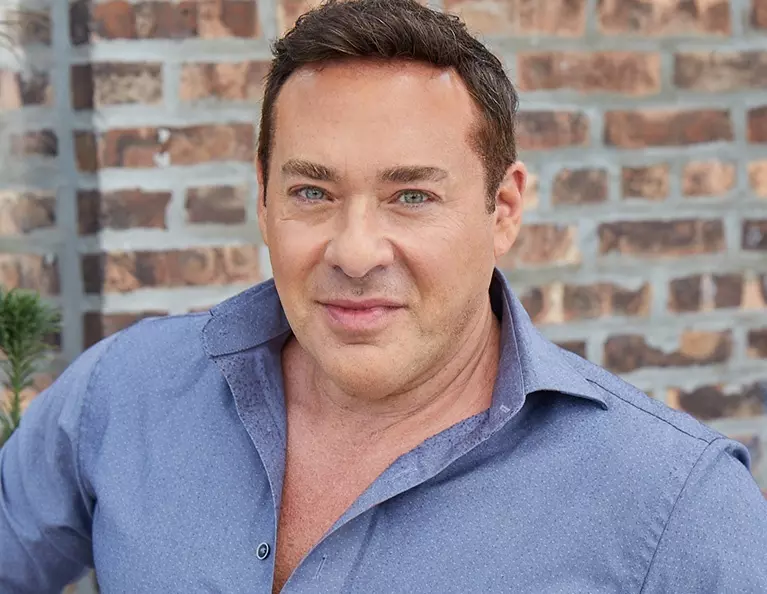When we think of hair loss, we have to focus on the most common factors impacting hair loss for men and women. Stress may be one. A hormone imbalance could be another. Still other times, it is genetics that causes that thinning hair to happen. Yet, there are other causes, many of which we may not easily recognize. A lack of sleep can affect hair growth. For many, this is a very common problem – getting consistently good sleep. It can impact all areas of your health. But how does poor sleep lead to hair loss?
Lack of Sleep Upsets the Body
One obvious link is as simple as what contributes to good health. Getting a good night’s sleep is always an important part of overall wellbeing. That is much like eating a healthy diet or struggling with highly stressful situations. All of these factors contribute to poor health, which in turn changes the body’s ability to grow hair. If you have a severe change in your diet, for example, that impacts your health in a detrimental way. One result of that is the loss of hair or thinning hair becomes more common as the hair growth cycle gets longer. But, there are other factors to consider here, too.
Lack of Sleep Leads to Stress
Another factor is the impact that stress has on the body. If you are not getting enough sleep each night, especially if this is ongoing, it will create stress. The body is stressed, everything during your day makes you tenser, and you feel overwhelmed. That lack of sleep is putting your body in a high-stress mode, which in turn can lead to loss of hair. Stress, as you may know, is a big component of hair loss.
That’s because stress is directly related to a high level of the hormone cortisol in the body. That hormone is designed to slow down less important functions in your body so that your body has the ability to fight or flee in high-stress situations. While it is doing that, things like digestion and hair growth are slowed down. When you have a lot of stress in your life, then, your body is in a constant state of high stress, limiting hair growth. And, much of that stress could come from a lack of sleep.
During high-stress times, your body is also secreting other hormones as well as neurotransmitters into the body. These can also play a role in reducing hair growth. The brain’s function is devoted to the stressor, not to things like hair growth.
Cell Activity Is a Concern
When the body is sleeping, it is working on restoration. This is important work to keep your body and brain functioning at its best. When you are asleep, your body is going through numerous cycles. During each one, stem cell activity is present, which can help to increase the number of epithelial cells necessary to stimulate hair growth. When you are not getting enough sleep, then, it is significantly limiting your body’s restoration. That cell activity that is so important to improving overall health is wiped away. Your body is left struggling with the outcome.
What Should You Do If You Think Sleep Is a Concern?
If you are not getting routine sleep – which is usually 6 to 8 hours of sleep most days of the week – you could be seeing hair loss for that reason. However, it is also important to focus on what the problem is with sleep. For example, you may be struggling with hair loss, but what else is happening to your body and brain without enough sleep? Are you putting yourself at risk for inflammation? Do you put yourself in a reckless situation where you could be in an accident? If so, these are big problems to work on as well.
Dealing with the underlying cause of your stress is perhaps the most important first step. When you do this, your body can regulate itself better, allowing for normal body functions to return. If you still have hair loss at that point, your next step is to work with your doctor to determine what the underlying cause of your lack of sleep is.
Contact the hair specialists at Unique Hair Concepts to learn more.






